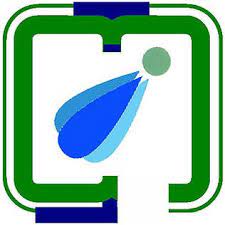Overview
Probably at no previous moment in the world history have commerce and industry become so complex, extensive, and globally interrelated as they are today. India, which is going through a rapid growth in its manufacturing sector, is not unaffected by these changes. The modern manufacturing environment entails a large variety of cross-disciplinary activities including the Design and IT. Engineers consequently are being called upon to work within new environmental, economical and social constraints which are increasingly becoming a part of contemporary engineering practice. Obviously, these elements need to find their way into the engineering curricula. However, traditional engineering instructional formats isolate teaching and research into specific disciplines with un-integrated curricula and therefore the structure of our engineering curricula have hardly changed in accordance with the modern manufacturing needs. Such divisions in the existing higher education formats are found to act as barriers to learning, behavior, and performance. Another aspect of engineering education which needs to be considered is the basic nature of the IT profession. The IT driven market of today features a model of innovation which is quite different from the research models that most institutes are familiar with. The new market model for innovation emphasizes on fast concept, funds projects with venture capital, fosters innovation by rewarding entrepreneurs who specialize in transforming people's practices to become more productive with the help of new technology. In contrast, the conventional research model emphasizes on careful development of ideas and principles and achieves innovation only after ideas have gone through a long pipeline that distills out the best and brings them into practice over a period of 15-20 years. This dichotomy between the new market-driven model and the conventional idea-pipeline model poses another great challenge to educators of engineering. The current engineering education system in India, though huge and diverse, is mainly based on the conventional idea of pipeline model. To integrate the knowledge of a given discipline with IT enabled design, prototyping as well as manufacturing considerations, a need therefore exists for developing a new academic programmes. Apart from laying an emphasis on IT, the new approach should also give emphasis on aesthetic, ergonomic and functional considerations of products. The academic programme should also be able to respond to industry driven adaptive management structure.
Courses
Admissions
Scholarship
Placement
Cuttoff
Campus
-
College Type Public
-
Established In 2005
-
Max. Package 82 LPA
-
Fee Range 1.3L-12.78L
-
Courses Offered 2
-
NIRF Ranking 97
-
Total Faculty 20
-
Total Intake 300

